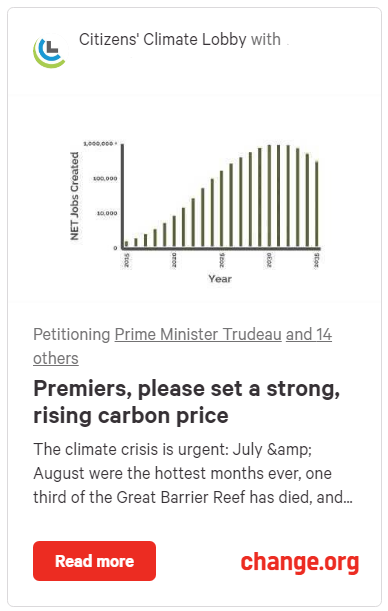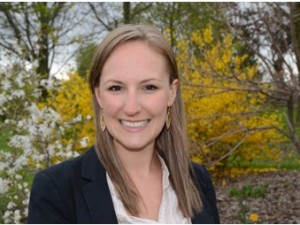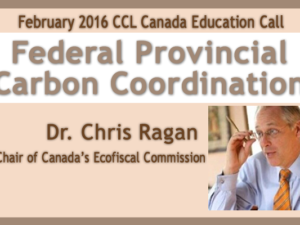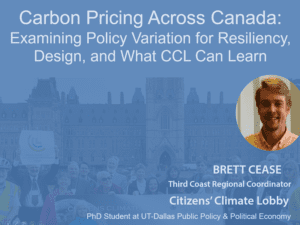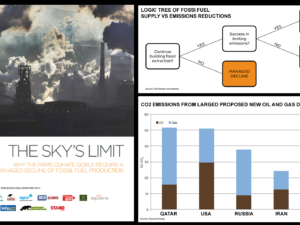Two important policies are making their way through the Canadian Parliament this fall: carbon pricing and electoral reform. Many Canadian CCLers are also concerned about electoral reform. They hope for a more cooperative and less adversarial parliament and thus more action on the climate crisis. How can electoral reform help? First past the post, proportional representation and ranked ballots are three main ways to elect representatives. On the September 2016 CCL Canada education call, we learned which model might be best for democracy and the climate. Bruce Hyer is the former MP for Thunder Bay – Superior North, Deputy Leader of the Green Party of Canada and board member of Fair Vote Canada. His vast knowledge and experiences in Parliament were intertwined into an evidence-based presentation on electoral reform. Starting in early 2011 we began lobbying him in earnest for carbon fee and dividend. In the 41st Canadian Parliament Bruce Hyer championed carbon fee and dividend many times in the House of Commons. Listen to the CCL Canada Education call, find more resources and discover for yourself how the way we elect our representatives might have an impact on cooperation between parties and the strength of climate policies: Please contact Bruce Hyer if you have any questions: bruce@brucehyer.ca What do the following terms mean: First past the post, Ranked ballots, Proportional Representation, Mixed Member Proportional Representation? Which countries in the world still use First Past the Post? Proportional representation (PR) vs First Past the Post – Is one better system better for the environment? What data supports that claim? Does PR make governments more cooperative? Which countries have failed at PR and why? Should there be a referendum? These are just some of the questions that were answered. And we learned about Dual Member Proportional representation too. Here is the reference from Andy Blair regarding evidence of countries with proportional representation vs winner-take-all systems and their track records on carbon pricing. It is by Professor Lijphart at the University of California and he studied 38 OECD countries. The book is called Patterns of Democracy by Arend Lijphart. REMINDER: CCL’s focus will remain on carbon pricing and ending subsidies to fossil fuels as it has for most of the six years we have been in Canada. However, everything is connected. Stepping back occasionally and looking at the big picture is important. Like for other issues such as oil pipelines, nuclear energy, carbon sinking, guaranteed minimum income and veganism, CCL will not take a position on electoral reform. As well, all of our talking points are found in our Laser Talks and Media Releases.ELECTORAL REFORM AND THE CLIMATE CRISIS – Bruce Hyer, September 20, 2016
Here are the accompanying PowerPoints in pdf:
Here are some important terms:
Want to take action?
CCL Canada Education: Electoral Reform and the Climate Crisis with Bruce Hyer
Home » CCL Canada News » CCL Canada Education: Electoral Reform and the Climate Crisis with Bruce Hyer
CCL Canada Education: Electoral Reform and the Climate Crisis with Bruce Hyer
Posted on September 23, 2016 in CCL Canada Education Call




